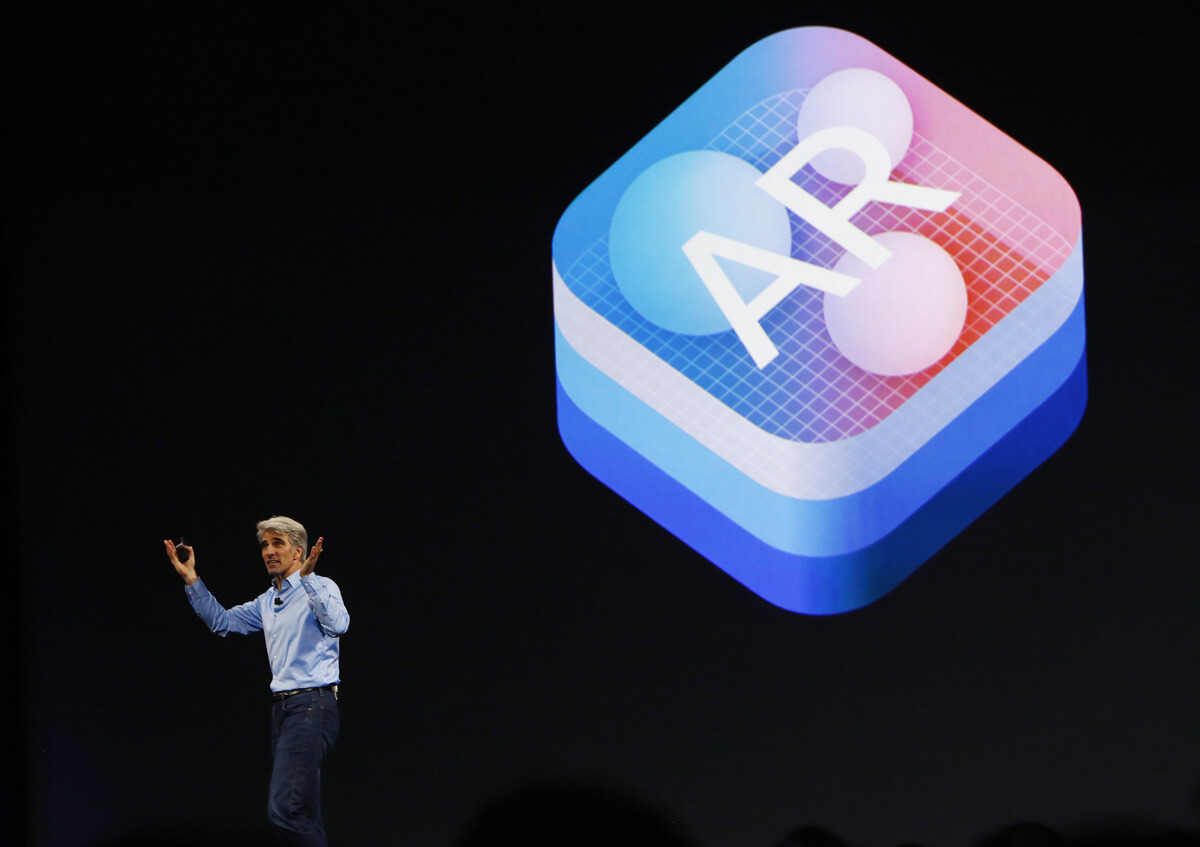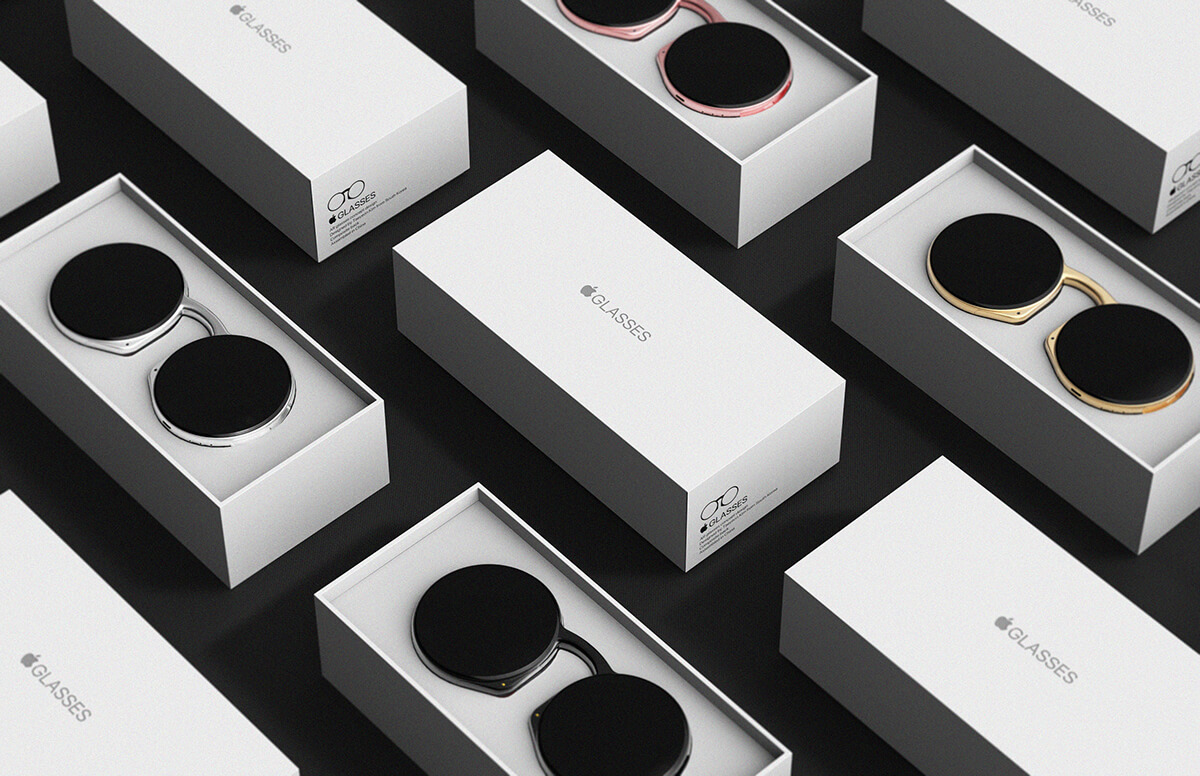Something to look forward to: Everyone has been waiting for Apple to release its first augmented reality headset, and the company is indeed working on not one, but two of them. However, they might not see the light of day until 2022, since Apple is particularly concerned with getting things right as opposed to being the first to market.
According to a report from The Information, Apple is indeed preparing to launch an AR headset. During an internal presentation at the Steve Jobs Theater, company executives outlined plans to release the first headset in 2022, followed by a smaller pair of AR glasses in 2023.
Earlier reports have pegged the official reveal of Apple's first AR headset for 2020, with production to start by the end of the year. However, Apple AR and VR boss Mike Rockwell, who held the meeting at Apple Park, told his team that it was important to get the technology right before rushing it to market.
Presumably, the company also wants to avoid promising things that it won't eventually release, like it did with AirPower. The first AR headset - codenamed N301 - is said to draw some cues from the design of Facebook's Oculus Quest, while being able to easily switch between AR and VR mode. In typical Apple fashion, the company is also exploring a number of lightweight materials to create a device that people will comfortably wear for several hours at a time.

The AR glasses are part of an even more ambitious project. These will be made so that people could wear them throughout the day, and the current prototypes are said to look like bulkier versions of Spectacles. Interestingly, the company wants to design these using electrochromic lenses that darken when used so that others know the user is busy.
It's also worth noting the report mentions the impressive size of Apple's AR team, which seems to indicate that Apple is ready to place a bet on the technology as the next big platform for digital experiences. After all, Tim Cook believes AR will be at least as big as smartphones, and executives at the meeting reportedly expressed similar views.
In the meantime, the AR landscape is mostly filled with companies looking to break into professional niches. Microsoft has the HoloLens that will be used by the military, Google has its Google Glass Enterprise Edition, and even Facebook is cooking something similar, codenamed Orion, in its labs. There are also companies like Intel that have given up on interesting projects like the Vaunt smart glasses.
Image credit: Concept by Taeyeon Kim
